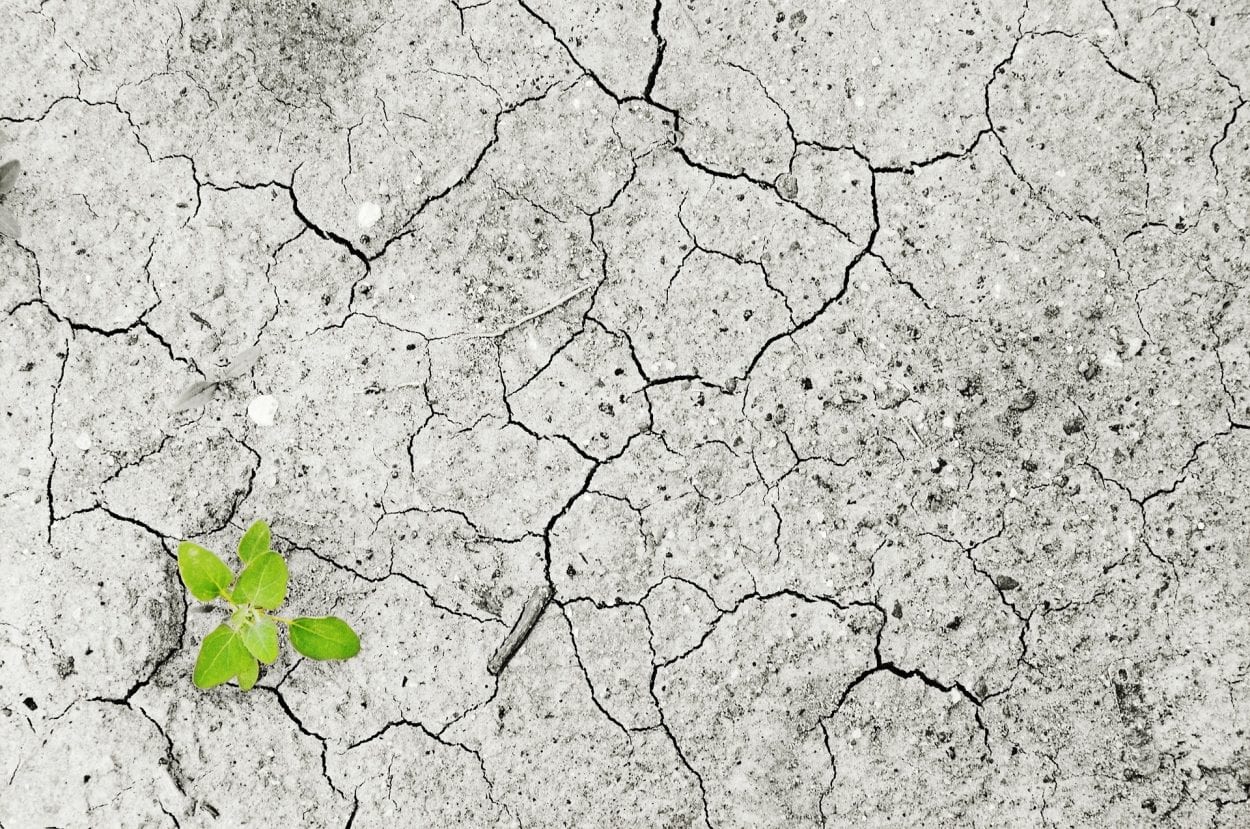Throughout history, people of different cultures and stages of evolution have found ways to adapt, with varying success, to the gradual warming of the environment they live in. But can the past inform the future, now that climate change is happening faster than ever before?
Yes, say an international team of anthropologists, geographers and earth scientists in Canada, the U.S. and France led by Université de Montréal anthropologist Ariane Burke.
In a paper published today in the Proceedings of the National Academy of Sciences, Professor Burke and her colleagues make a case for a new and evolving discipline called “the archaeology of climate change.”
It’s an interdisciplinary science that uses data from archaeological digs and the palaeoclimate record to study how humans interacted with their environment during past climate-change events such as the warming that followed the last ice age, more than 10,000 years ago.
What the scientists hope to identify are the tipping points in climate history that prompted people to reorganize their societies to survive, showing how cultural diversity, a source of human resilience in the past, is just as important today as a bulwark against global warming.
“The archaeology of climate change combines the study of environmental conditions and archaeological information,” said Burke, who runs the Hominin Dispersals Research Group and the Ecomorphology and Palaeoanthropology Laboratory.
“What this approach allows us to do identify the range of challenges faced by people in the past, the different strategies they used to face these challenges and ultimately, whether they succeeded or not.”
For instance, studying the rapid warming that occurred between 14,700 and 12,700 years ago, and how humans coped with it as evidenced in the archaeological record, can help climate specialists model possible outcomes of climate change in the future, Burke said.
Her paper is co-authored with UdeM anthropologist Julien Riel-Salvatore and colleagues from Bishop’s University, Université du Québec à Montréal, the University of Colorado and the CNRS, in France.
Historically, people from different walks of life have found a variety of ways to adapt to the warming of their climate, and these can inform the present and help prepare for the future, the researchers say.
For example, traditional farming practices – many of which are still practiced today – are valid alternatives that can be used to redesign industrial farming, making it more sustainable in the future, they say.
Indigenous cultures have a major role to play in teaching us how to respond to climate change -in the Canadian Arctic, for instance, Indigenous people have a detailed knowledge of the environment that’s key to be essential to planning a sustainable response, said Burke.
“Similarly, indigenous farmers all over the world cultivate a wide variety of crop types that won’t all respond to changing climate conditions in the same way,” she said. “They are preserving crop diversity in the global food chain and if and when the main crop types we currently rely on fail, this diversity could well prove to be a lifeline.
Another example is the read option in north-eastern North America of multi-cropping agriculture based on the “three sisters”: corn, squash and beans. “There are archaeological models for that,” said Burke, “and the point is to use them to come up with more sustainable, locally scaled ways of farming that will ensure food security in the years to come.
Header Image Credit – Public Domain





